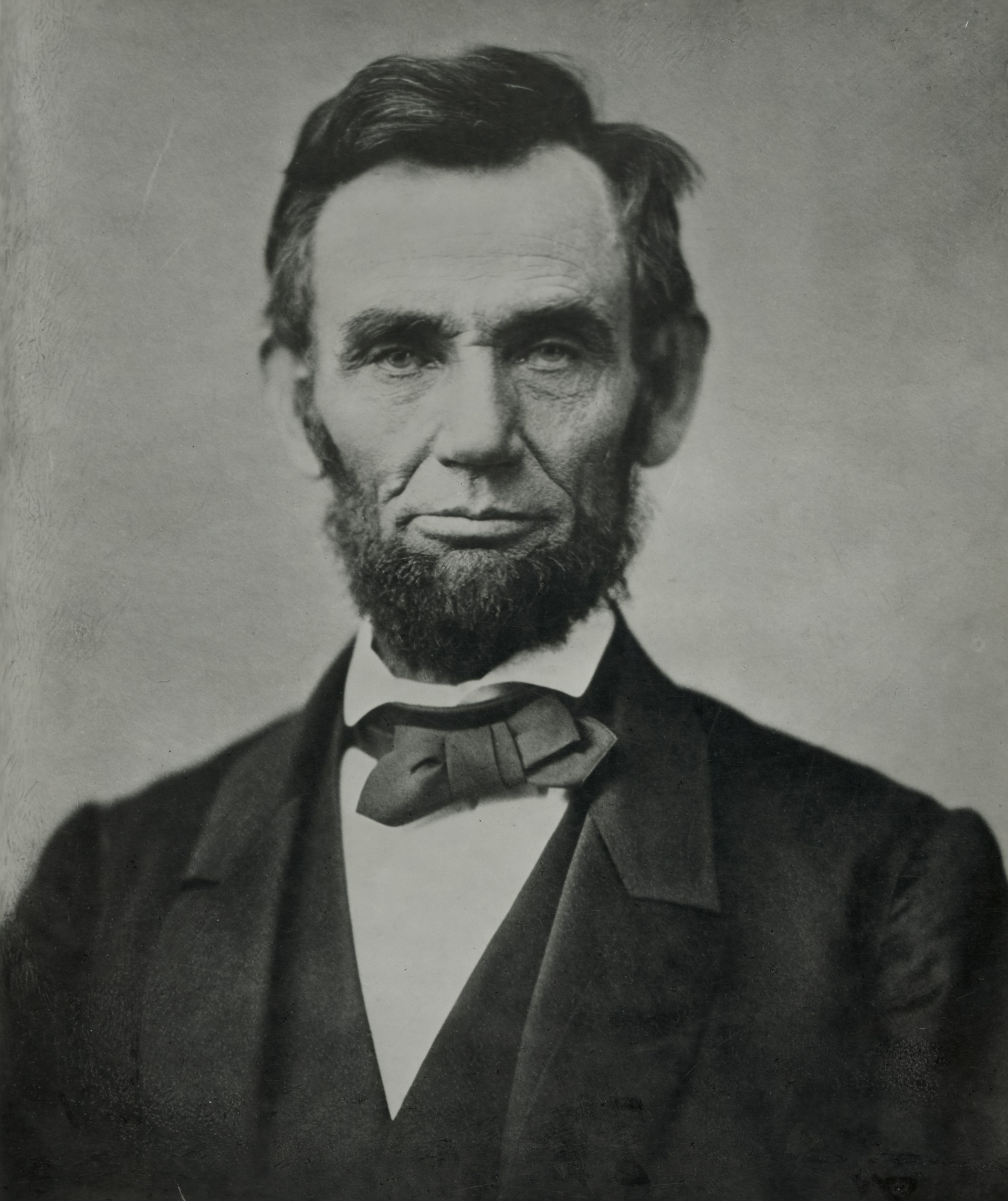Abraham Lincoln dies five times a day with two shows on Sunday, and it’s starting to give me a headache. As Lincoln, I don’t really do much after the gunshot except slump forward but even with the EarGuard MaxFidelty Rhodium plug deep in my right ear, the muzzle report still rings and I think I’m developing tinnitus from it. It’s the last show of the day, but given that it’s the anniversary of Lincoln’s assassination, the performances are sold out. The director of the play keeps writing me contrary notes about my performances for his theatre company, and my pounding headache has not relented not even after copious amounts of ibuprofen.
After I’m shot, I’m hustled across the street to the house where Lincoln died in one of the upper small bedrooms, and the audience members who paid for the Full Package are invited in small groups to watch me silently croak. However, I usually give each group a dramatic moan or a fervent stage whisper of “Mary!,” so they get the full arc of the play.
There’s an odd energy in the theatre prior to the final performance of the day. Even though my ex, Angela, who plays Mary Todd with a slight Brooklyn accent, and I aren’t speaking, she acknowledges the weird tension. It may be the small contingent of protestors outside who are wearing black t-shirts and carrying signs that proclaim “Lincoln’s death was Faked.” One of them saw me and pointed with his sign. The others started to boo, and, good-naturedly, I said, “At least wait until you see my performance first,” with a smile, but they continue booing and I went into the theatre.
Inside, I see Roger who plays John Wilkes Booth and, at least, gets one line before he’s wire-carried to the main stage, as part of the leap from the Presidential Box, dragging a leg off-stage. He’s a short guy who colors his graying goatee, so the director doesn’t replace him. He has his earbuds in, a fan of folk rock, and gives me a half wave as he studiously studies his script.
Since the audience usually gets restless during a full production of “Our American Cousin,” we summarize the first two acts in the program and start with the Third Act, when I’m, or rather Lincoln, was shot. Halfway in Scene Two, on the feed line, which, at that time in the 1860s had the audience in stitches, Asa Trenchard says to Mrs. Mountchessington: “Don’t know the manners of good society, eh? Well, I guess I know enough to turn you inside out, old gal — you sockdologizing old man-trap, ” is when I’m shot. Bang! I slump forward. My adjoining box guest, poor Henry Rathbone, played by Terrell Johnson whom Angela has been currently seeing, wrestles with Roger and Roger jumps with the help of the wire. Angela, clasping her hands together, yells “Abraham!”, and then I’m carried across the street to die in my mustard plasters.
Tonight, the house is crowded, with most of the audience watching me instead of the actual play itself. I had heard it so many times, I know most of the lines, and Angela, head down, scrolls through her phone which is hidden in her black petticoat. When Scene Two begins, I notice that Roger isn’t at his mark, waiting behind the curtain to the side, and I don’t want to look around because Abe’s supposed to be watching the play, but then another body steps up before the fatal line.
It’s not Roger. It’s the chubby guy with a patchy beard and wire-rim glasses, a guy I had seen outside with the protestors, and I’m about to whisper something to Angela, when from the stage comes, “Don’t you know the manners of good society, eh?,” and the gentleman steps up behind my head and, instead of the fake Derringer loaded with blanks, it’s an actual gun. Beside me, Angela says, “What the fuck?!” and before the man can utter Booth’s line, or whatever he’s planning on saying, Angela’s Krav Maga training kicks in and she knees him in the groin, while grabbing his arm and pushing it up so that the shot goes into the ceiling, raining plaster down on us. She then punches him in the throat and he falls heavily with a groan. Jumping on the guy, Terrell secures him and calls 911 on the cellphone that he brings out of his right boot.
I turn and hug Angela, holding her tightly, and, to my surprise, she holds me back. “I was scared something was going to happen to you,” she says. “Really?” I ask. She nods and we hug again. Behind us there is cheering and we both turn.
The audience is on its feet. Even the play onstage is halted, and the actors are applauding. Everyone is applauding. It is the first standing ovation we have ever received. Now the audience is roaring as we hear the sirens of the police in the distance.
“Should we?” I ask Angela and she nods. Together, we bow as their clapping continues, applauding our new ending.
